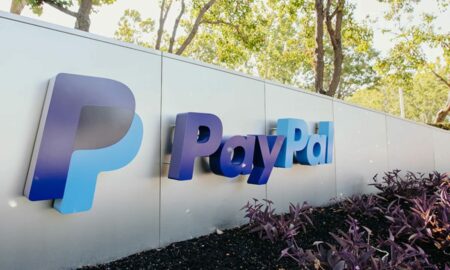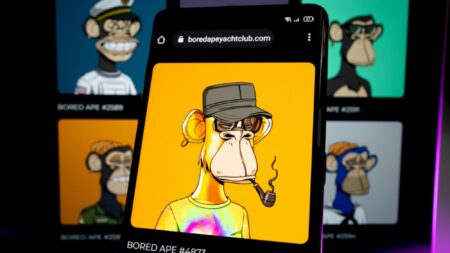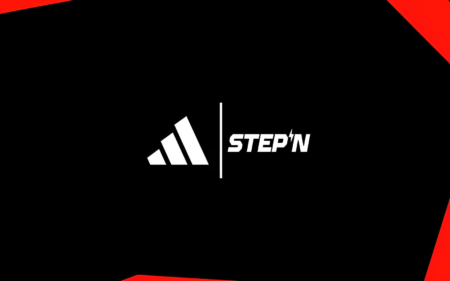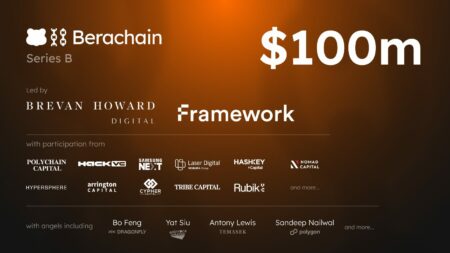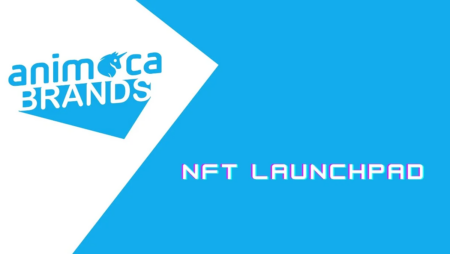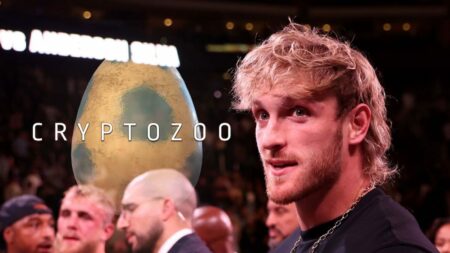Educational textbook publisher Pearson has just announced its plans to turn its textbooks into NFTs. Students do not typically need their textbooks after finishing their studies. Therefore, dropping textbook NFTs that can be sold on the secondary market is an excellent opportunity for Pearson to make money from second-hand sales.

Photo credit: Financial Times
About Pearson’s NFT plans
Pearson’s CEO Andy Bird explained that the sale of textbook NFTs allows the publisher to track the ownership of the textbook, even when it is resold. According to Bird: “In the analogue world, a Pearson textbook was resold up to seven times, and we would only participate in the first sale.”
According to Bird, “the move to digital helps diminish the secondary market”. He continued by saying that “technology like blockchain and NFTs allows us to participate in every sale of that particular item as it goes through its life.”
This new plan will continue to cement Pearson’s digital strategy after the introduction of its Pearson+ subscription app in 2021. Although selling books as NFTs is not a completely innovative concept, it is safe to say that book NFTs have not taken off in the same way as music or art NFTs. This is because many publishers are still wary of NFTs, especially since their target audience places value on printed books.
Pearson’s NFT strategy, however, could encourage other publishers to follow suit. After all, offering multiple media opens up the industry to people who may not have access to the printed edition.
Education and the metaverse
Pearson is part of a growing list of educational institutions jumping on the metaverse bandwagon. Recently, the Hong Kong University of Science and Technology (HKUST) launched its first metaverse classroom. Germany’s Bookwire has created an NFT marketplace for the publishing industry. What’s more, Roblox already offers lesson plans for many topics and age groups.
However, not everyone is convinced. Tech consultant Dr Ian Cutress tweeted: “Is this really NFTs, or is this Pearson just allowing people to bundle a book into a code, sell the code? That’s not an NFT. NFT is just a buzzword here. Note that in order to earn, Pearson charges the person who buys the code a $10 reactivation fee.”
Time will tell whether Pearson’s NFT strategy will bring about a paradigm shift in education and publishing. One thing is for sure, these two sectors definitely need to get involved in the metaverse, sooner rather than later.
All investment/financial opinions expressed by NFTevening.com are not recommendations.
This article is educational material.
As always, make your own research prior to making any kind of investment.

